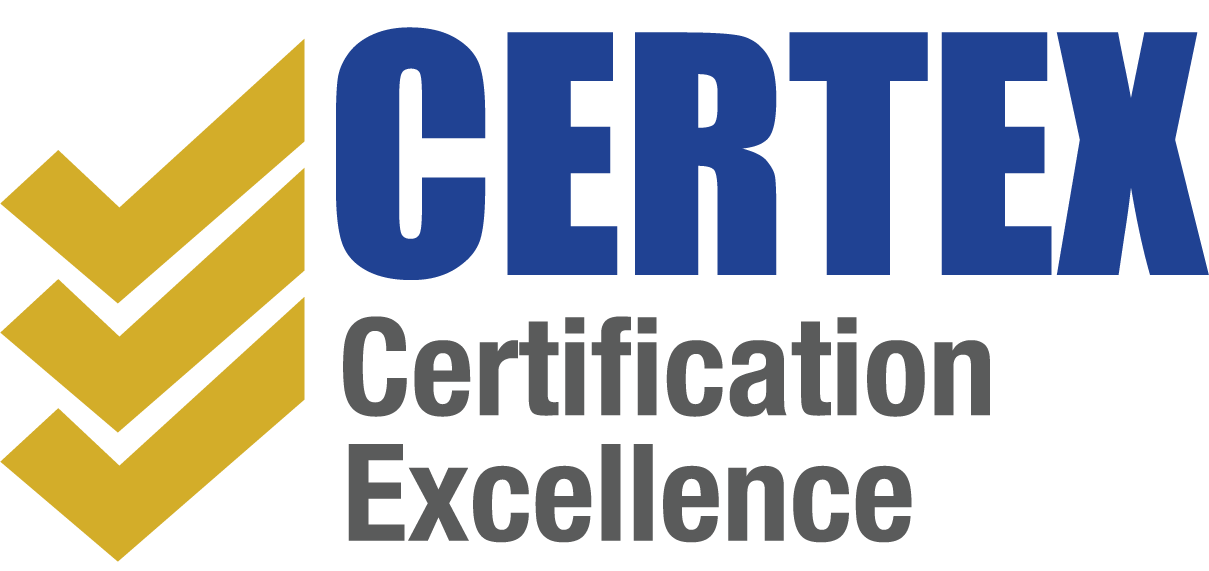Practices, not policies, pose biggest compliance risk for SME recruiters
This article is reproduced with permission from Shortlist.net.au. Click here to read the full article (login required). An absence of workplace policies is putting SMEs at risk, but failing to apply and enforce them properly is a bigger issue for the recruitment industry, warns a specialist auditor. A majority of SMEs (78%) do not have any workplace policies, while two in five (40%) don't use employment contracts, shows the survey of 500 SMEs from legal start-up LawPath. Certex International managing director Dianne Gibert told Shortlist the findings echo her experiences auditing recruitment businesses, but the industry has improved significantly over the last 10 years. "There's been a lot of information that's been provided by the industry association over a long period of time and we ourselves have worked with a lot of businesses through best practice standards, diagnostics and a whole range of information-providing events, and they actually do a bit better [now], generally speaking," she said. Most recruiters understand the need for professionalism in their service to clients and candidates, so are better than average at upholding compliance standards within their own businesses, Gibert said. "Then there are also examples where recruiters just see [recruitment] as a sales opportunity and they don't have those underlying procedures," she said. "As the research suggests... they may be able to get away with it for some time, but when an incident occurs it will become very problematic for them." She noted that the real compliance issue for SME recruiters is failing to commit to policies and procedures in practice. "The real risk is not so much in the lack of paperwork – although the paperwork is the evidence they've gone through and done the thinking – it's in the lack of proper practices." Once managers have mapped out their compliance requirements, they need to communicate those to staff and ensure they are implemented properly, said Gibert. "Quite often... there's a problem that's occurred not because the business doesn't have documented policies and procedures, but [because] even when they do have them, they haven't put them into practice," she said. SME recruitment companies also have to keep up staff training requirements, Gibert said. "Quite a number of businesses have got the understanding, the managers have got a good handle on what the business needs to do and what its responsibilities are, and they might well have trained their staff, but it's keeping that training up to date [that is important]," she said. "That can be very time consuming and challenging of course. As the environment changes, the technologies change, the procedures change, so there's a whole heap of reasons why the training they provided a little while ago becomes out of date."
Don't over-do compliance
Recruitment businesses can, however, run the risk of taking compliance "too far", Gibert said. "If all you do when you run a business is comply with regulation, you probably don't have a business anymore. Compliance costs are way over the top, so you have to get a balance," she said. "Generally, across all industries, the pendulum has to swing a bit more towards compliance. It's already started that in a really good way in recruitment." Approaching industry associations for advice on compliance-related issues, such as safety, employment contracts, and policies and procedures, is also a cheaper alternative to seeking legal advice, Gibert said. "In recruitment, they should just go straight to their recruitment association... There's two associations and both of them have a lot of information that they could work with," she said, referencing RCSA and ITCRA. "Sometimes it costs money, but it's probably cheaper than going out to set up their own legal contracts and paying for their own lawyers to do an employment contract, for example, where the associations have templates already." Gibert also warned new recruitment business owners to seek independent help in order to implement policies and procedures correctly. "They can't just translate their technical skills into running their own business and think that's efficient – it's not," she said. "It's very hard to see things when you've built them yourself."

